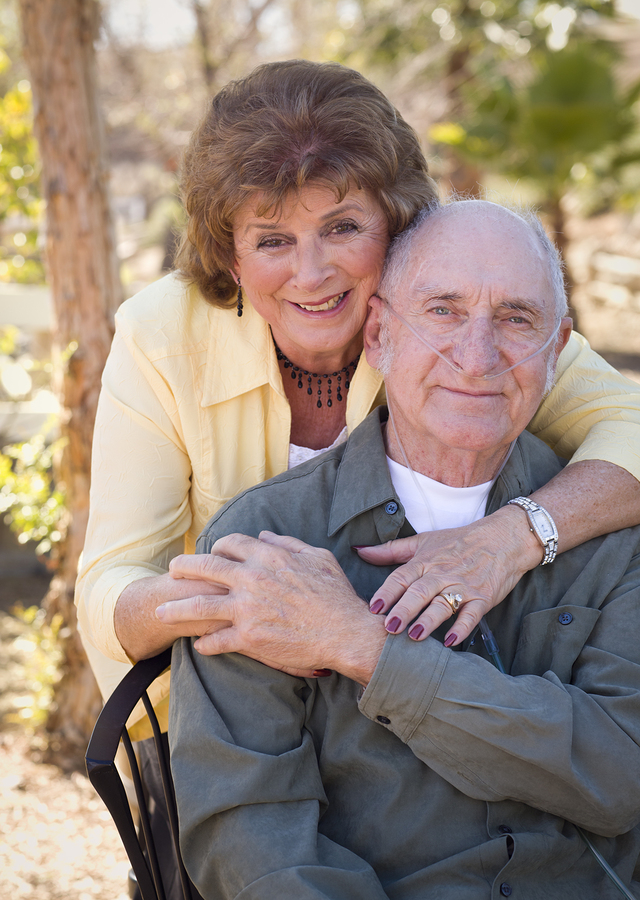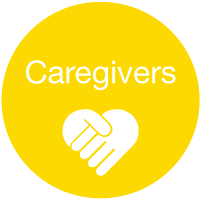
Recently Diagnosed or Relapsed? Stop Looking For a Miracle Cure, and Use Evidence-Based Therapies To Enhance Your Treatment and Prolong Your Remission
Multiple Myeloma an incurable disease, but I have spent the last 25 years in remission using a blend of conventional oncology and evidence-based nutrition, supplementation, and lifestyle therapies from peer-reviewed studies that your oncologist probably hasn't told you about.
Click the orange button to the right to learn more about what you can start doing today.
- You are here:
- Home »
- Blog »
- Multiple Myeloma »
- Relationships matter in Myeloma Survival
Relationships matter in Myeloma Survival

Saying that “relationships matter in myeloma survival” is a good starting place. But the issues go deeper in my experience.
First and foremost, is the importance of a caregiver. Yes, your significant other may or may not be your caregiver. But most of the time, they are. Your caregiver may accompany you on appointments, and can help you remember all sorts of minutia.
Myeloma specific online groups- most people I know don’t know anything about multiple myeloma. Further, I look normal. But it’s the MM survivor that I speak to online that get it-
Does being in a committed relationship have any affect on Myeloma patients?
Here are some ways a committed relationship can affect cancer patients:
- Emotional Support: Having a committed partner can provide emotional support during the challenging times of cancer treatment. This support can help reduce anxiety, depression, and feelings of isolation.
- Practical Support: Partners often play a crucial role in providing practical assistance, such as driving to medical appointments, helping with household chores, or managing finances during treatment.
- Advocacy: A committed partner can advocate for the patient’s needs within the healthcare system, ensuring they receive appropriate care and support.
- Improved Treatment Adherence: Studies have shown that patients with strong social support, including from a committed partner, are more likely to adhere to their treatment plans, leading to better outcomes.
- Quality of Life: Being in a supportive relationship can improve the overall quality of life for cancer patients, as they have someone to share their experiences, joys, and struggles with.
Are you a newly diagnosed myeloma or pre-myeloma patient? I would let your caregiver ease into the MM thing carefully. I would head to the MM themed online groups first.
Let me know if you have any questions- David.PeopleBeatingCancer@gmail.com
David Emerson
- MM survivor
- MM cancer coach
- Director PeopleBeatingCancer
Social Support Appears to Affect HRQoL Among Patients With Multiple Myeloma
“In this study, multiple linear regression analysis suggested that positive social support benefited both patient emotional function and social function…
Screening for social support and psycho-oncological care interventions may be beneficial for patients with multiple myeloma (MM) or its precursor diseases, such as monoclonal gammopathy of undetermined significance, according to research published in the Journal of Cancer Research and Clinical Oncology…
There has been an increased clinical focus on health-related quality of life (HRQoL) in this patient population, and among patients with the precursor diseases to MM, which include monoclonal gammopathy of undetermined significance and smoldering MM. HRQoL, moreover, has been linked with survival outcomes in multiple cancer settings, highlighting the need for improving it across patient populations.
Whether social support may have a positive or negative effect — depending on the form of interaction — on HRQoL was previously unestablished. For this survey-based study, researchers aimed to evaluate the effects of social support on HRQoL among patients with MM or its precursor diseases…
Overall, of 170 patients were approached for enrollment and survey data from 126 were included. In this cohort, the mean age was 64.1 years, 56.7% of patients were male sex, and 81% of patients were married or in a partnership. Most (77%) patients had MM. All patients were sent the EORTC QLQ-C30, EORTC QLQ-MY20, and Illness-specific Social Support Scale questionnaires for completion to assess the effects of social support on HRQoL.
Multiple linear regression analysis suggested that positive social support benefited both patient
- emotional function and
- social function.
Negative social interactions, however, appeared to damage social function and increase the risk of treatment side effects…”
Model of Social Support for Patients Treated for Cancer
“The experience of being diagnosed with a neoplastic disease and the associated cancer treatment, which is worrying and tough for the patient and their family, causes many difficult situations. Studying the multidimensional approach to social support in oncological patients has allowed for the development of a research model of social support using structural equations. Social support is an important variable in coping with cancer…
Based on the study and statistical analysis, a well-fitting verified research model was obtained. It applies to cancer patients treated for cancer (radio- or chemotherapy or combination therapy) in inpatient wards.
In the group of examined patients, personality structure expressed by extraversion (E) (I–E) (0.65), agreeableness (A) (0.44), conscientiousness (C) (0.43), emotional stability (ES) (0.42), openness to experience (O) (0.36) and self-esteem (SES) (0.66) influenced the support experienced during treatment (0.40) due to correlations with their health condition during cancer treatment (0.40) and their attitude developed to the disease (0.64).
The above correlations of variables made it possible to conclude that the level of support experienced by the studied patients is influenced by such personality traits as openness and optimistic thinking; personal trust of and a sincere attitude towards another person; perseverance in pursuing goals; internal conviction about the rightness of actions; emotional stability and maturity; openness to life experiences; and the ability to positively re-evaluate difficult situations, as well as adequate and realistic self-assessment of one’s abilities and resourcefulness.
The study showed that in the personality structure of patients, extraversion (E) was additionally associated with emotional stability (ES). The result obtained (0.27) indicates that such features as the need for relationships with others,
- social activity,
- sociability and
- friendliness
were related to emotional stability and control.
These are the features of a mature personality structure, which is a very important modifier in experiencing difficult life situations. Agreeableness was related to conscientiousness at the level of 0.27, which means that, in the personality structure of the studied patients, there was a significant correlation between the features of sympathy, altruism, and helping others and the features of persistence and motivation in achieving goals and the inner conviction of the rightness of actions. Moreover, conscientiousness was additionally associated with emotional stability, where the relationship was negative and equalled −0.19, and emotional stability was correlated with openness to experience at the level of −0.29, meaning it was also negative.
These correlations indicate that in the personality structure of the studied patients, an insufficient level of conscientiousness and perseverance negatively affected emotional stability, introducing emotional anxiety and tension. Moreover, the lack of emotional stability blocked openness to experience, which in turn may decrease the ability to re-evaluate the difficult situations experienced. In the case of oncological treatment, such features can negatively affect the entire therapy process…”


